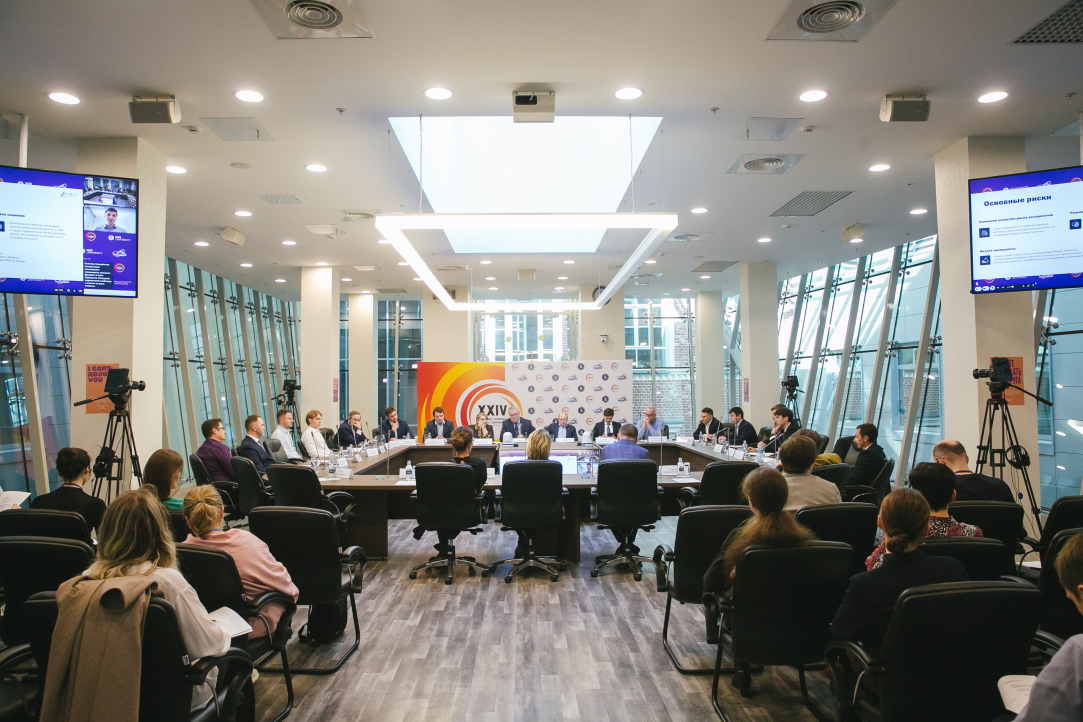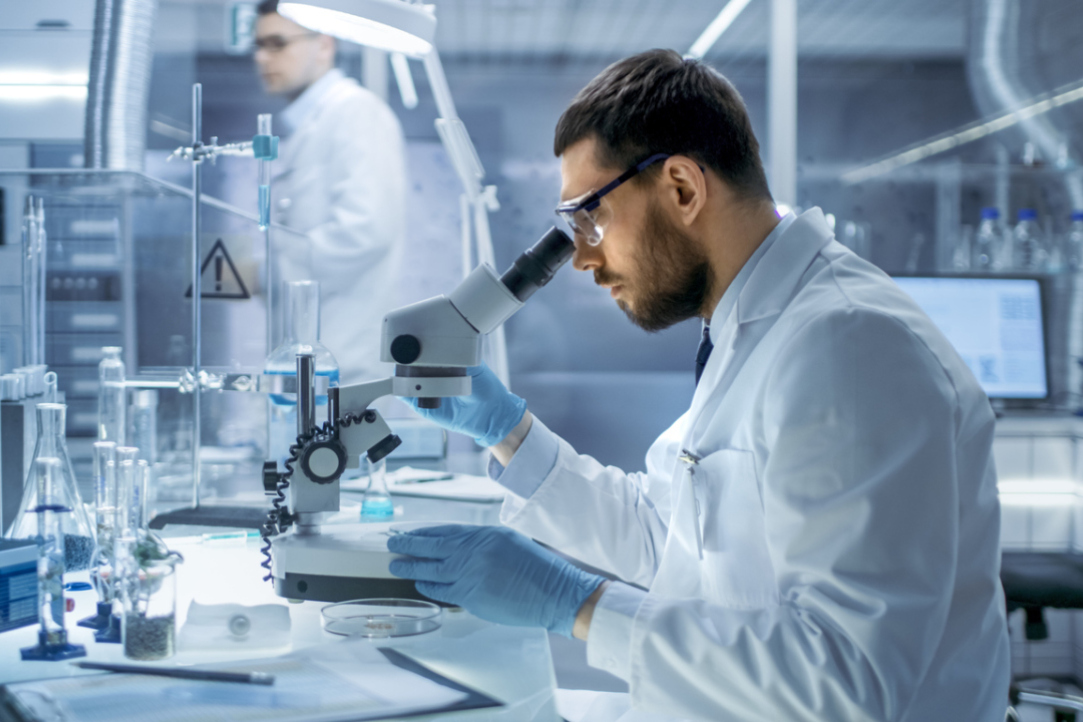
25th Yasin (April) International Academic Conference Now Accepting Proposals
Reports on new research results will be presented and discussed as part of the conference’s sections. These reports will be selected based on reviews of proposals. As always, the conference programme features expert discussions of the most pressing economic, social, internal and external issues in the format of roundtables and associated events.

Crypto Investors Receive Downside Risk Premiums
Victoria Dobrynskaya, Assistant Professor at the HSE Faculty of Economic Sciences, has analysed the price dynamics of 2,000 cryptocurrencies from 2014 to 2021 and investigated the association between downside risks and average returns in the cryptocurrency market. As it turns out, cryptocurrencies exhibiting a greater risk tend to yield higher average returns. The study has been published in International Review of Financial Analysis.

Plurilingualism Compensates for Low Extraversion in Nurturing Creative Skills
Researchers at the HSE Laboratory for Linguistic, Intercultural, and Creative Competencies have examined the role of the Big Five personality traits in moderating the development of creativity among individuals who use multiple languages and have intercultural experiences. It has been found that acquiring multiple languages and engaging with diverse cultures can enhance an individual's creativity and compensate for some deficiencies in communicative abilities. That said, language practices are likely to foster creativity only in mentally stable individuals. The paper has been published in the International Journal of Bilingual Education and Bilingualism.

HSE University Students Win in the AIJ Science Competition at AI Journey 2023
The International Sber Conference of Artificial Intelligence, ‘AI Journey 2023’ recently took place in Moscow. Alexander Rogachev, doctoral student of the HSE Faculty of Computer Science, and Egor Egorov, an HSE 4th-year undergraduate student became the winners of the AIJ Science competition for scientific articles on artificial intelligence that was held as part of the event. The research was carried out under the umbrella of the HSE's Laboratory of Methods for Big Data Analysis (LAMBDA).

Games Facilitate Stroke Patients' Recovery
An international group of scientists including researchers from HSE University has proposed a novel approach to rehabilitating patients with motor disorders. According to the researchers, more effective recovery can be achieved by granting patients the freedom to choose their movements and providing an appropriate system of rewards for engaging in the prescribed exercises. The opinion paper has been published in Neurorehabilitation and Neural Repair.

Measuring Pitch Frequency Can Help Train AI to Accurately Recognise Emotions
A new algorithm that enables precise measurement of the pitch frequency of a speech signal, a crucial parameter for identifying emotions and diagnosing illnesses, has been introduced by researchers at HSE Campus in Nizhny Novgorod. This method can operate in a noisy environment, in real time and with fewer computing resources than any currently existing analogues. The results of the study have been published in the Journal of Communications Technology and Electronics.

Microlasers with Quantum Dots Remain Functional at Elevated Temperatures
Researchers from the HSE International Laboratory of Quantum Optoelectronics in St Petersburg have explored the impact of resonator size on the operating temperature of a microdisk laser with quantum dots in a two-level generation mode. Their findings reveal that microlasers can produce radiation across multiple frequencies, even under elevated temperatures. In the future, this breakthrough will enable the integration of microlasers into photonic circuits, potentially doubling information transmission capabilities. The study findings have been published in Nanomaterials.
.jpg)
HSE Researchers Study Emerging Adulthood in Russia
Sociology today distinguishes more developmental stages of growing up than just childhood, adolescence, and early adulthood, as commemorated in Leo Tolstoy’s trilogy Childhood, Boyhood, Youth. For the past two decades, sociologists have been exploring the concept of emerging adulthood, a transitional stage that occurs between adolescence and early adulthood. Researchers at the HSE Institute of Education have discovered that in Russia, one out of every two young respondents, with females more frequently than males, falls within the emerging adult category. The study findings have been published in Emerging Adulthood.

Card Index: 'Success and Self-Sustainability of the Individual in a Changing World'
To achieve success and well-being, a modern person needs to keep up with ongoing social, economic, technological and cultural changes. However, in order to adapt to these, you need to be competent, healthy and active, develop cognitive abilities, acquire new skills and maintain friendships. All of this can expand people’s capabilities, revealing their potential. The HSE's unique multidisciplinary strategic project 'Success and Self-Sustainability of the Individual in a Changing World', which brings together educators, sociologists, psychologists, economists, biologists, physicians and digital technology specialists, helps to solve some of these tasks. Working together, they have managed to create a navigation system to improve human achievements for the benefit of the whole of society.

Scientists Have Developed a Model of Malignant Prostate Tumour and Used It to Test Drug Efficacy
Researchers from HSE University and the Russian Ministry of Health National Medical Research Radiological Centre have successfully generated a three-dimensional laboratory model of prostate cancer and used the model for testing an anti-tumour drug. In the future, this approach has the potential to significantly enhance the efficacy of cancer treatment for patients. The study’s findings have been published in Cancer Urology.

